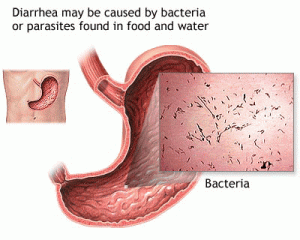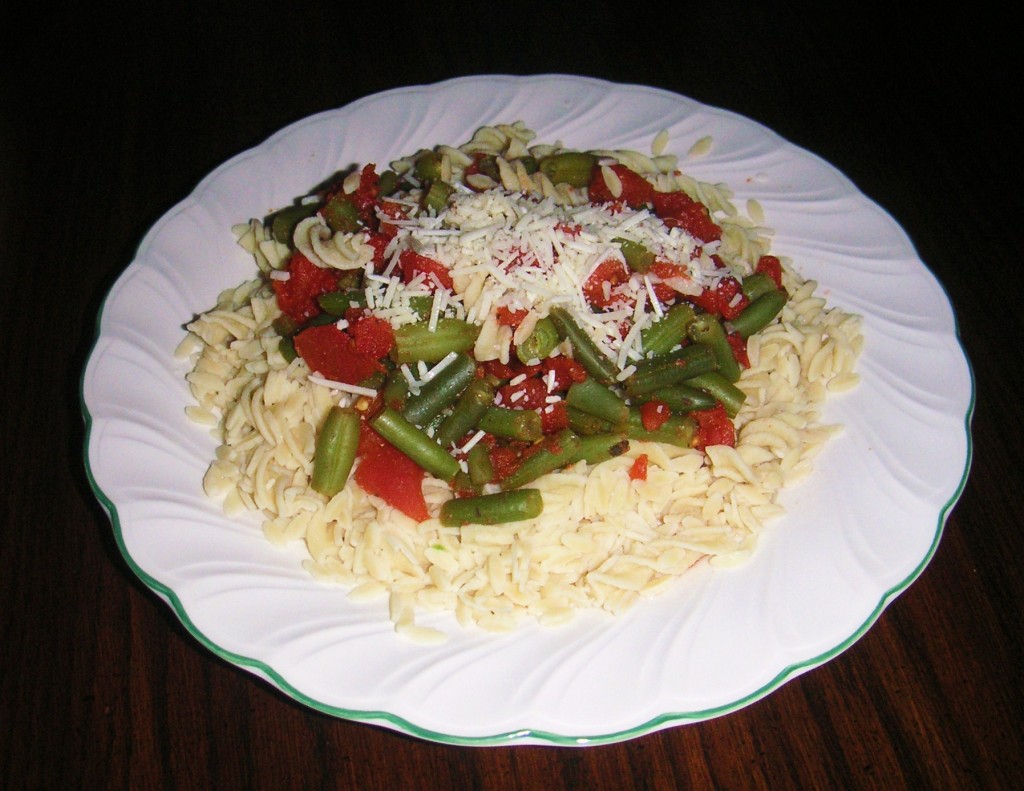Diarrhea and dysentery – An introduction
Diarrhea is a condition in which the weight of the stool exceeds 200 – 250 g/day. It is the abnormal frequency and liquidity of the fecal discharges and there is a passage of the unformed stools. In infants, diarrhea dehydration is one of the main causes for death.

Dysentery is the condition in which diarrhea is accompanied with the passage of blood and mucous. The common reasons for dysentery are the Amebic and bacillary infections of the colon. The stool culturing is the only known cause for dysentery. If the fecal matter is freshly collected and is transferred, then there won’t be any problem or else, it may lead to dysentery.
Diet for diarrhea and dysentery
The oral feeding for diarrhea is the most accurate treatment. Oral Rehydration Therapy at home is one of the best ways to care diarrhea. There are some basic ingredients that should be taken in order to absorb the water. These basic ingredients are sugar, glucose and lactose, amino acids and these are very important for the re absorption of water. These substances also help in the absorption of sodium and potassium.
Water or other fluid substances should be given at regular intervals in order to make sure urination very frequently depending on the age. Foods contain sodium or sodium drug is usually recommended daily. In addition to the above, zinc supplements can also be added. For glucose, starch is a natural food. Rice starch is also good for digestion.

The diet for diarrhea should be planned as follows. Each day, 1500 Kcal is vital and for chronic diarrhea, it is 2500 Kcal. Protein rich food stuffs like, meat, meat, egg and milk products should be regularly consumed. But for some patients, the milk products will not be tolerated, for those patients the milk products should be excluded.
Fats are real enemies for the patients, as it is not absorbed properly and may aggravate diarrhea. Easily digestible food substances like vegetables, fresh fruits and kanji that are rich in carbohydrates can be added to the diet. Water soluble vitamins can be given to manage diarrhea. Water should be always given for the patient to increase the water content.
During diarrhea, the electrolyte balance in the intestine would have been disturbed, so in order to balance the electrolytes, mineral supplements are given. The food substances that are not allowable in the diet during diarrhea are pulses, sweets, salads (vegetables), dried fruits, spices, nuts and butter.
The food substances that are allowed during the period of diarrhea are bread of wheat and rice, cereals made of wheat, cooked rice, vegetables, soup, meat, milk products (only if tolerated), water, beverages, sugar, pastry and fresh fruits.